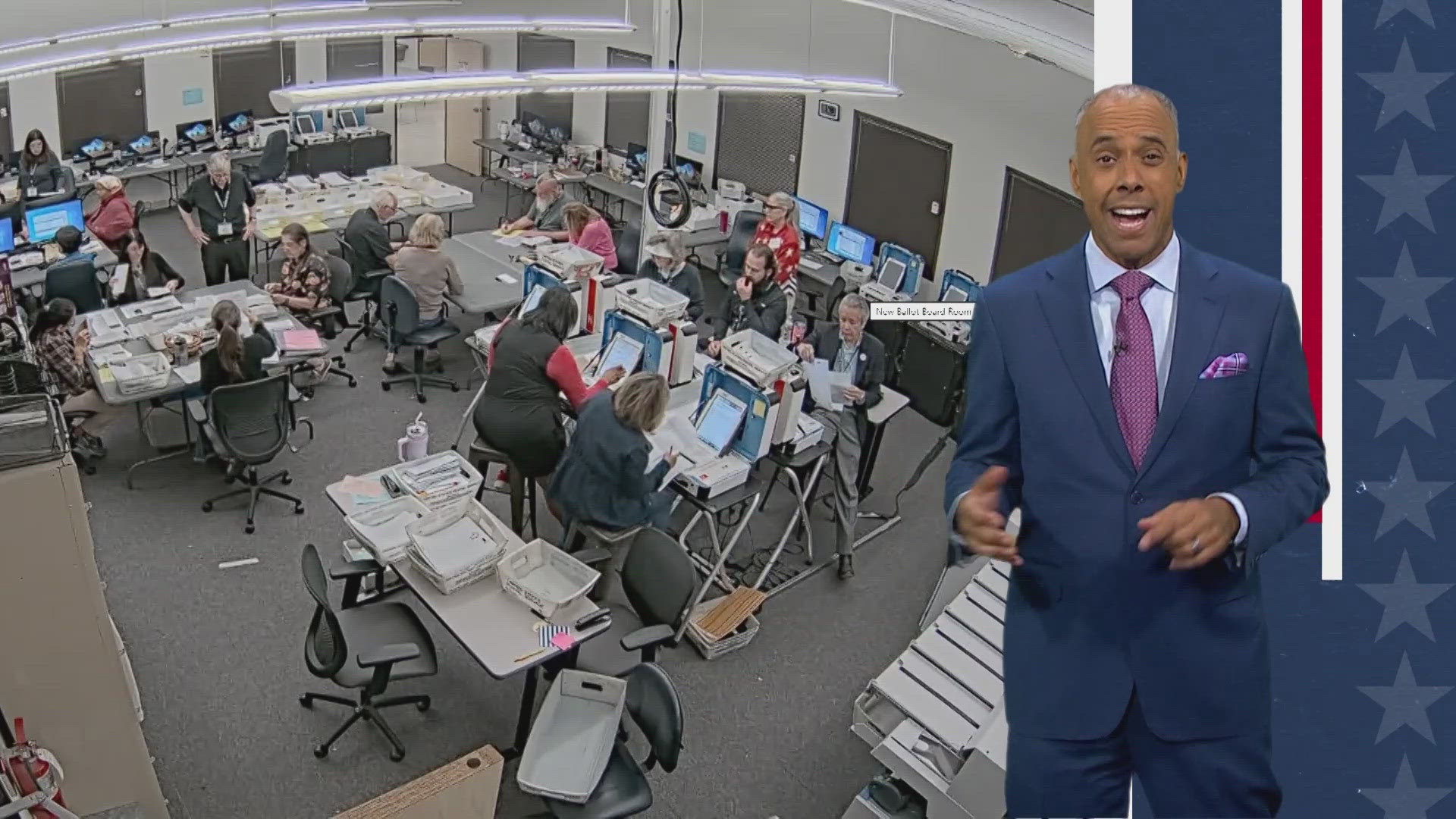The financial fallout from the coronavirus pandemic has local governments across North Texas and statewide wrestling with revenue shortfalls in sales taxes, property taxes, hotel occupancy taxes, and other sources that are eating into their current budgets and threatening future ones.
The most immediate threat: The heavy job losses, stay-at-home orders, and closure of businesses due to the pandemic has caused sales tax revenues, which make up a significant portion of cities’ budgets, to fall in varying degrees, some of them dramatic.
The next shoe to drop: Property tax revenues — a cornerstone of both city and county budgets — are widely expected to shrink thanks to the pandemic-induced recession as residential and commercial properties are reappraised in future years.
Almost 35 percent of 500-plus Texas cities that responded to a mid-year survey by Texas Municipal League said their current revenue was lower than last year’s revenue through June, citing COVID-19 repercussions as the reason. Only 14 percent, however, said their city was likely to raise the property tax rate to help cover the cost.
2020 Mid-Year Fiscal Conditions Survey Results:
In addition to sales and property tax shortfalls, other revenue sources that local governments rely on, such as hotel occupancy taxes, alcoholic beverage taxes, franchise fees charged to utility providers, parking tickets, overdue book fines and payments to rent pavilions in city parks, are also dropping or expected to fall as the virus keeps businesses restricted and people closer to home and holding tight to their wallets.
Texas collected $2.67 billion in state sales tax revenue in June, down 6.5 percent from what the state brought in during the same month last year. The 6.5 percent slide was greeted as good news after May, when Texas collected about $2.6 billion in sales tax revenue, ringing in a flabbergasting 13.2 percent less than the roughly $3 billion the state collected in May 2019, according to data from the state comptroller’s office.
Breaking it down to the city level, in Dallas, sales tax revenues for purchases made in May were down 12.8 percent compared to the same month last year, according to the most recent numbers available for cities. That was an improvement from April when Dallas’ sales tax revenue plunged 18.9 percent year over year. In March, there was a 9.4 percent year-over-year reduction.
“Sales tax is about 25 percent of our general fund budget, so to have a quarter of your revenue be so volatile and uncertain, that’s really difficult,” said Elizabeth Reich, the city’s chief financial officer.
For more on this story, click here.



